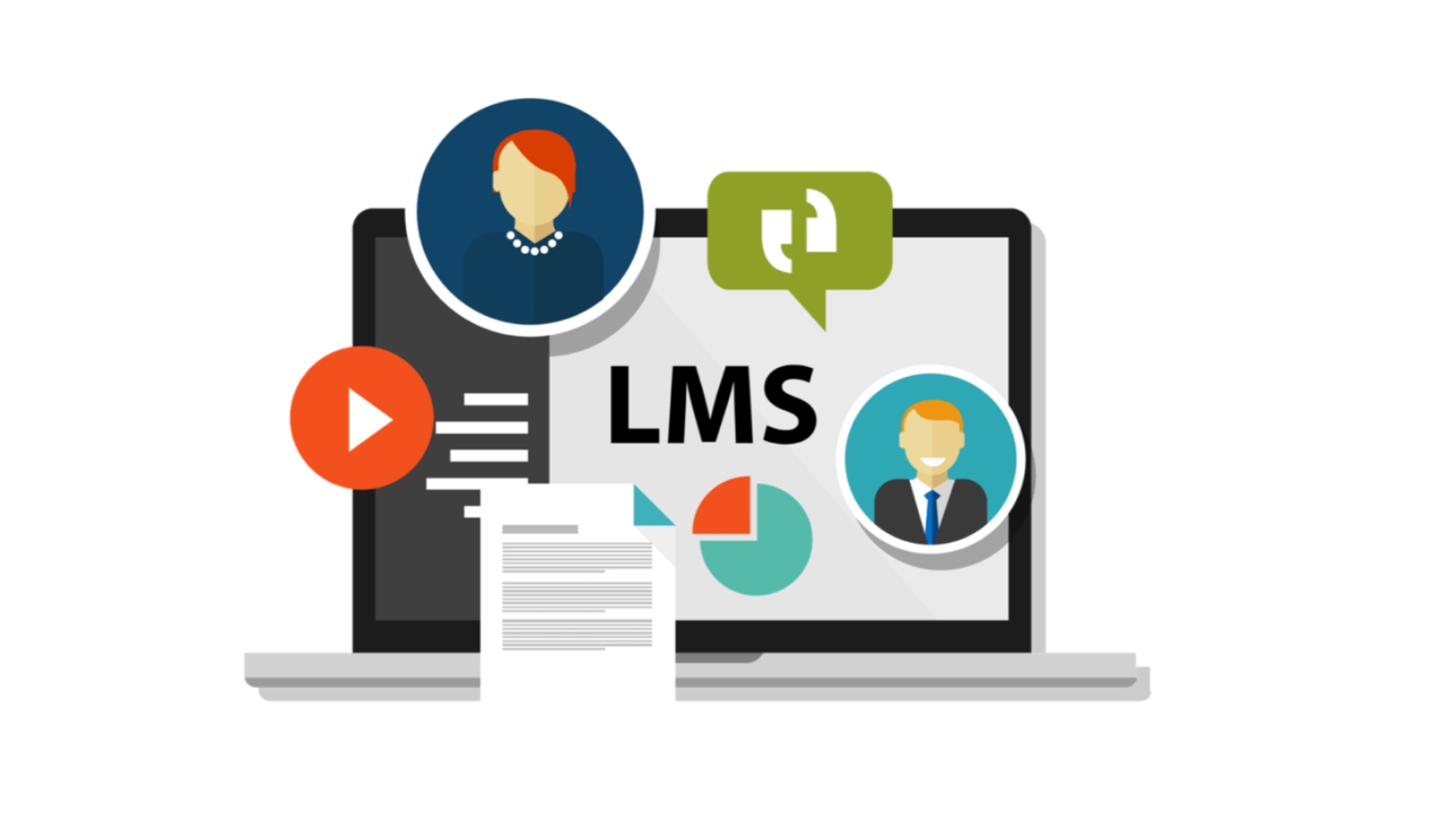In today's competitive business landscape, organizations understand the significance of cultivating a motivated and engaged workforce.
A crucial element in achieving this is the implementation of a well-designed reward and recognition program.
Such programs not only boost morale but also foster a positive work environment that drives productivity and retention.
Creating an effective program requires careful planning, thoughtful execution, and an understanding of what truly motivates employees.
As per a survey of HR leaders, 83% believe that employee recognition programs contribute to organizational values, while 85% acknowledge their positive impact on organizational culture.
In this article, we will explore 20 proven strategies that can help organizations develop a robust program.
From tangible incentives like bonuses and gifts to intangible rewards such as public acknowledgment and career development opportunities, these strategies encompass a wide range of approaches.
Join us as we uncover the key components of a successful reward and recognition program, empowering you to cultivate a motivated and high-performing workforce.
What Is Employee Reward And Recognition Program In The Workplace?

An employee reward and recognition program in the workplace refers to a structured approach implemented by organizations to acknowledge, appreciate, and reward employees for their contributions and achievements.
It is a strategic initiative designed to motivate and engage employees, fostering a positive work environment and enhancing overall performance.
According to a recent survey conducted by Achievers, respondents identified engaging work (74%) and recognition and rewards (69%) as the primary factors that contribute to their loyalty to their current employers.
It typically involve a range of incentives and acknowledgments tailored to meet the needs and preferences of the workforce.
These can include monetary rewards such as bonuses, salary increases, or profit-sharing, as well as non-monetary rewards like public recognition, certificates, plaques, or opportunities for career advancement.
The primary objective of such programs is to reinforce desired behaviors, promote employee loyalty, boost morale, and drive performance.
By providing tangible and intangible rewards, organizations aim to create a culture of appreciation, where employees feel valued and motivated to go above and beyond in their roles.
Overall, an effective employee reward and recognition program in the workplace contributes to higher job satisfaction, increased productivity, improved employee retention, and a positive organizational culture.
Why Are Employee Reward And Recognition Programs Important?

Employee reward and recognition programs are important for several reasons:
1. Motivation And Engagement
It plays a vital role in motivating employees.
When employees are recognized and rewarded for their efforts and achievements, it boosts their morale and creates a sense of job satisfaction.
Engaged employees are more likely to be committed to their work, go the extra mile, and consistently perform at high levels.
2. Retention And Loyalty
A well-implemented program helps improve employee retention rates.
When employees feel valued and appreciated, they are more likely to stay with the organization, reducing turnover and the associated costs of hiring and training new employees.
Recognition programs also foster loyalty, as employees develop a sense of attachment and dedication to the organization.
3. Performance And Productivity
Recognizing and rewarding employees for their accomplishments can positively impact their performance and productivity.
When employees know their efforts will be acknowledged and rewarded, they are motivated to excel in their roles and contribute to the organization's success.
This leads to increased productivity and the achievement of organizational goals.
Research shows that employee happiness leads to a 31% increase in business productivity.
4. Positive Work Culture
Successful reward and recognition programs contribute to creating a positive work culture.
When employees see their colleagues being recognized and rewarded, it fosters a supportive and collaborative environment.
This promotes teamwork, cooperation, and healthy competition, enhancing overall workplace dynamics.
5. Talent Attraction
An effective program can also serve as a tool for attracting top talent.
Positive word-of-mouth about a company's recognition initiatives can make it an attractive employer for prospective candidates.
A strong reputation for valuing and appreciating employees can set the organization apart from its competitors in the talent market.
In summary, these programs are essential for motivating, engaging, and retaining employees.
They contribute to improved performance, productivity, and positive work culture, ultimately benefiting both employees and the organization as a whole.
20 Strategies For Reward And Recognition Programs

They are essential for motivating employees, increasing engagement, and fostering a positive work culture.
Here are 20 strategies to consider for implementing effective programs:
1. Clear Goals And Objectives
Clearly define the goals and objectives of the program, ensuring they align with the company's overall vision and values.
2. Tailored Rewards
Customize rewards to match individual preferences, considering factors such as personal interests, career aspirations, and work-life balance.
3. Timely Recognition
Recognize and reward employees promptly after they achieve a significant milestone or demonstrate outstanding performance.
4. Peer-To-Peer Recognition
Encourage employees to recognize and appreciate their colleagues' accomplishments through peer-to-peer recognition programs.
5. Monetary Incentives
Offer financial rewards such as bonuses, profit sharing, or performance-based pay to motivate employees and recognize exceptional achievements.
6. Non-Monetary Rewards
Consider non-monetary rewards like additional vacation days, flexible work arrangements, training opportunities, or exclusive company perks.
7. Public Recognition
Acknowledge and celebrate employees' accomplishments publicly, such as during team meetings, company-wide emails, or internal newsletters.
8. Employee Of The Month/Quarter
Establish an Employee of the Month or Employee of the Quarter program to highlight exceptional performance and provide tangible recognition.
9. Performance-Based Rewards
Tie rewards directly to individual or team performance metrics to incentivize goal attainment and foster a culture of accountability.
10. Gamification
Utilize gamification elements, such as leaderboards, badges, or points systems, to encourage healthy competition and engagement among employees.
11. Long-Term Incentives
Implement long-term incentive programs like stock options, profit-sharing plans, or retirement benefits to recognize sustained commitment and loyalty.
12. Personalized Appreciation
Take the time to personally thank employees for their contributions, either through handwritten notes, emails, or face-to-face conversations.
13. Wellness Programs
Offer rewards for participation in wellness initiatives, such as gym memberships, fitness challenges, or mental health support programs, promoting a healthy work-life balance.
14. Learning And Development Opportunities
Recognize employees' dedication to growth and professional development by providing access to workshops, conferences, or online courses.
15. Career Advancement
Create a structured career progression program that rewards employees with promotions or increased responsibilities based on their performance and potential.
16. Team-Based Recognition
Encourage team-based recognition programs where colleagues can nominate and reward exceptional teamwork or collaboration efforts.
17. Milestone Celebrations
Celebrate significant milestones, such as work anniversaries, project completions, or successful product launches, with personalized gifts or team outings.
18. Social Events
Organize social events like team lunches, happy hours, or annual parties to foster camaraderie, boost morale, and show appreciation for employees' hard work.
19. Employee Suggestion Program
Recognize and reward employees for innovative ideas or suggestions that positively impact the company's operations, productivity, or customer satisfaction.
20. Continuous Feedback
Implement a feedback culture where regular feedback and constructive criticism are given and recognized, providing opportunities for improvement and growth.
Remember that the most effective programs for rewards and recognition are tailored to your organization's unique culture and employee preferences.
Regularly evaluate and adjust your strategies to ensure they remain relevant and impactful over time.
Enhance Employee Experience With Oreed
Take your employee training to the next level with Oreed, an innovative education intelligence platform that transforms the way your team develops their skills.
1. Data-Driven Insights For Informed Decisions
Unlock a comprehensive understanding of your employees through Oreed's data-driven insights, empowering you to make evidence-based decisions to enhance their skills and performance.
2. Personalized Training For Exceptional Results
Create customized training and courses with Oreed that address your team's individual strengths and weaknesses, unlocking their full potential and enabling them to achieve exceptional results.
3. Measurable Impact For Maximum Value
Measure the effectiveness and impact of your training initiatives using Oreed's detailed analytics and reports, ensuring that you derive maximum value for your team.
4. Boost Productivity And Profitability
Harness the power of Oreed to increase productivity, efficiency, profitability, and customer engagement.
Our powerful learning tools can even elevate your revenue and customer engagement by up to 10x.
5. Guided Learning Journeys For Individual Progress
With Oreed's guided learning journeys tailored to each employee's needs, your team members can progress at their own pace, ensuring a personalized and effective learning experience.
6. 2030 Vision
Oreed's offering aligns with the 2030 vision of fostering the values of determination and perseverance.
By utilizing our cutting-edge education intelligence platform, organizations can empower their employees to cultivate these values.
Oreed provides personalized training and courses tailored to individuals' strengths and weaknesses, encouraging them to overcome challenges and develop a resilient mindset.
Through data-driven insights, organizations can make informed decisions to enhance employee skills and performance, fostering a culture of determination and perseverance.
Oreed's measurable impact and detailed analytics enable organizations to track progress and celebrate achievements, reinforcing the values of determination and perseverance as employees strive toward their goals.
So what are you waiting for? Book a demo with Oreed today and find out more about our features.
Promote lifelong learning through Oreed by experiencing the most powerful all-in-one training and development intelligent platform that streamlines all your organization's learning, training, and development activities in one place.
Final Thoughts
Creating a successful reward and recognition program requires clear goals, tailored rewards, timely recognition, and peer-to-peer acknowledgment.
Monetary and non-monetary incentives, public recognition, and programs like Employee of the Month/Quarter are effective strategies.
Gamification, long-term incentives, personalized appreciation, and wellness initiatives also play a role.
Learning and development opportunities, career advancement, team-based recognition, milestone celebrations, and social events contribute to program effectiveness.
Encouraging employee suggestions and fostering a feedback culture is essential.
Adaptation and alignment with organizational culture and values ensure ongoing success.
FAQs
1. What is the reward and recognition strategy?
A reward and recognition strategy is a planned approach to acknowledging and appreciating employees' contributions and achievements in the workplace.
It involves designing and implementing programs and initiatives that provide tangible and intangible rewards to employees to motivate, engage, and retain them.
This strategy aims to create a positive work environment, boost employee morale, and reinforce desired behaviors aligned with the organization's goals and values.
2. What is the best strategy to ensure your recognition is most effective?
The best strategy to ensure your recognition is most effective is to consistently deliver high-quality work.
Focus on mastering your skills and exceeding expectations in your field. Build strong relationships with key stakeholders and seek feedback to continuously improve.
Additionally, actively promote your achievements and showcase your expertise through networking, personal branding, and professional platforms to increase your visibility and enhance your recognition.





